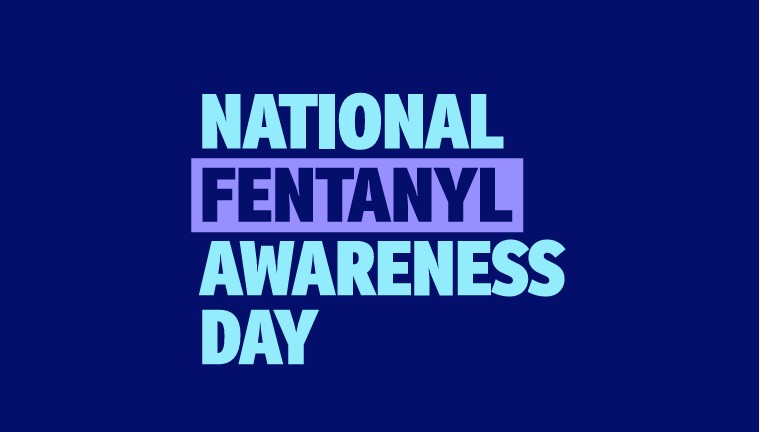Hard-hitting editorials remain in readers’ minds, provide critical means to hold public officials accountable
Chip Hutcheson
Sep 1, 2022


Who is the enemy?
That seems like one of the most relevant questions that newspapers must confront when much of America has the opinion that the printed product is dying, or in some cases has already entered the grave.
Over the years, I’ve posed that question to some of NNA’s finest owners, publishers and editors.
It’s a common thought in many circles that the internet and Facebook led to the beginning of the demise of many newspapers. Sure, that didn’t help matters, especially in the early stages of websites when newspapers would give away their content and still expect to keep subscribers. It took far too long for many publishers to understand people won’t pay when they can get it for free.
Facebook is one enemy, but it’s not the biggest. Years ago, newspapers found that having a “scoop” was rare when so many people were eager to post their latest news on that social media site. Before that option existed, newspapers were so engrained in their communities that they had the first opportunity to break the happenings in their circulation area. No longer does the public go to the newspaper to post a wedding engagement or birth of a baby — those have become the domain of Facebook. That platform has taken away some of the historic bread-and-butter fixtures of newspapers.
One of the biggest enemies has been newspapers themselves, abandoning the fixtures which not only set us apart from all others, but made our products so compelling.
That reality is seen almost weekly as stories emerge detailing severe cutbacks and dramatic shifts away from what made newspapers so popular decades ago.
A case in point is the editorial page, now disappearing or dramatically being scaled back in many papers. Gannett made headlines this summer when it recommended to editors that opinion pages be reduced to a few days a week. A Gannett executive said reader surveys and an editors’ task force convinced management that routine editorials, syndicated columns and guest essays were poorly read online. And since the company is pushing to make digital content its focus, editorial pages will be less frequent, with the obvious end game being the elimination of editorial pages entirely.
My journalism professors and mentors from half a century ago would be rolling over in their graves over the idea that newspapers should not contain regular, robust editorial pages.
The lack of editorials is clearly evident in Kentucky. The Associated Press carries a weekly budget of editorials from various newspapers, and a few years ago, there would be four or five a week featured. In recent weeks, only one was listed.
Gannett’s decision to reduce editorial pages was based on the idea that readers can find out all they want about national issues by going to the internet. What’s forgotten is that community newspapers have serious local issues to deal with, and eliminating opinion pages will leave that conversation to Facebook users rather than the newspaper, which has a vested interest in the community’s welfare.
Community newspapers have a long-established legacy of providing fair and balanced coverage on their news pages, reserving their opinions to the editorial page. Those hard-hitting editorials remain in readers’ minds and provide a critical means to hold public officials accountable while helping steer communities in the right direction. Letters to the editor don’t seem to be as prevalent in newspapers in recent years, perhaps because the editorial voice has lessened.
Newspapers have utilized Facebook as a way to tease readers about content online or in the printed version, but papers must be careful not to allow Facebook to become the vehicle that replaces guest commentaries or letters to the editor.
We agree with the thought voiced by South Dakota publisher Tim Waltner, who states the purpose of editorials — offer perspective, be bold, take a stand, have a call to action — and can be affirming as well as critical. A community newspaper doesn’t always have to editorialize about what it believes is bad public policy. Its editorials can applaud community successes. For instance, how a community pulls together after a natural disaster such as a flood, tornado or fire is worthy of an editorial pat on the back. The same goes for a successful United Way campaign or a school group that performs above expectations.
When hearing someone opine, "There's nothing to editorialize,” Waltner rightly says that is saying, “There's nothing your community needs to talk about or think about.” That surely is not the case, regardless of the size of your community. He goes on to make the case that editorials “help lead community conversations that are essential to democracy.”
Editorial pages can be essential to maintaining and growing circulation. But it takes someone to be the champion for that page — writing editorials as well as a column. It’s wise to plan ahead. Don’t wait until a few hours before deadline to write an editorial. You’ll usually regret it because you will later think of ways that your article could have been better.
The opinion page needs to live up to its name — no news articles. Use a house ad if needed to fill the space. Feature letters to the editor, and provide an info box that gives a comprehensive guide to submitting letters.
Each week, we list the five ways letters could be submitted, the deadline, what would not be considered for a letter to the editor (business disputes, poems, candidate endorsements), thank-you letters and a disclaimer that we wouldn’t run letters that were an obvious attempt to flood the paper on a particular issue. If a letter was deemed unsuitable for publication, we always contacted the writer to explain why.
Have listening ears to people in your community. When you hear a compelling statement about a matter, suggest that the person write a letter to the editor. We’ve found that some would like to do that, but they feared making misspellings or grammatical mistakes. It’s OK to tell the person that newspapers reserve the right to edit letters, and that involves correcting such mistakes. That assurance can be the necessary incentive for the person to follow through with a letter.
A local column, typically by the publisher, will generate considerable interest. We’ll delve into columns next month.
Chip Hutcheson is the retired publisher of The Times Leader in Princeton, Kentucky. He was NNA president in 2015. He currently serves as a content strategist for Kentucky Today, the online news website of the Kentucky Baptist Convention. chiphutcheson@yahoo.com










